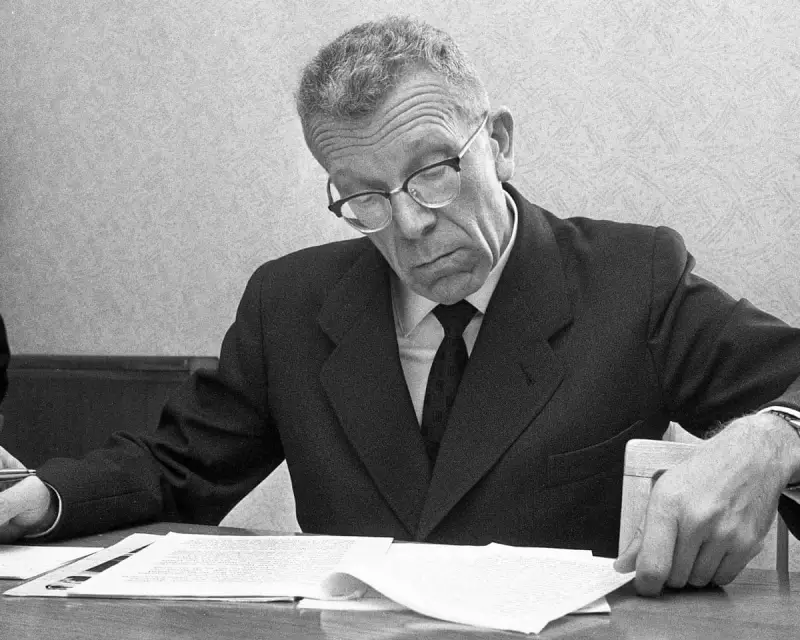
The complex legacy of Dr Hans Asperger, the Vienna-based researcher often called the 'father of neurodiversity', presents one of medicine's most troubling contradictions. While his pioneering work on autism spectrum disorder was remarkably compassionate and ahead of its time, recent historical research confirms his collaboration with the Nazi regime during the Second World War.
The Dual Legacy of a Medical Pioneer
In 2015, author Alice Jolly began researching what would become her novel The Matchbox Girl, inspired by wildly conflicting accounts of Asperger's character and actions. Her investigation was sparked by two contrasting nonfiction works: Steve Silberman's NeuroTribes, which portrayed Asperger as a compassionate thinker, and John Donvan and Caren Zucker's In a Different Key, which depicted him as an enthusiastic Hitler supporter.
Asperger's fame rests on his wartime thesis describing what we now recognise as autism spectrum disorder (ASD). Lost for decades, his work was rediscovered in 1980 by British psychiatrist Dr Lorna Wing, leading to his posthumous recognition as a neurodiversity pioneer. His approach at Vienna's University Children's Hospital was remarkably progressive, focusing on each child's uniqueness and asking 'What gift is the child offering us?' - a philosophy far ahead of contemporary thinking.
The Dark Evidence of Collaboration
Jolly's research led her to Professor Herwig Czech of the University of Vienna, whose years of investigation into Austria's involvement in Third Reich medical crimes produced damning evidence. Czech's research proved that Asperger signed paperwork transferring children to Am Spiegelgrund, the children's ward of Am Steinhof psychiatric hospital where many were murdered.
These signatures effectively served as death warrants for vulnerable children. The revelation sparked frenzied online responses during early social media pile-ons, though few critics actually read Czech's measured paper, which also cleared Asperger of some other accusations.
Understanding Without Forgiveness
Jolly emphasises that while Asperger's actions are indefensible, context matters. The simplistic 'good versus evil' narratives common in British wartime understanding fail to capture the complex reality where millions across Europe were bystanders or collaborators. Collaboration was the norm, resistance the exception.
Her novel approach uses fiction to explore these moral complexities through the eyes of twelve-year-old Adelheid Brunner, a fictional matchbox collector who provides sometimes accurate, sometimes wildly unreliable accounts of events at the children's hospital. This narrative device allows exploration of human nature's uncomfortable truths.
Among the historical figures illuminating this complex era was Dr Josef Feldner, one of Asperger's colleagues who hid a young Jewish man by presenting him as his nephew. Significantly, Asperger knew the man's true identity but kept silent - neither betraying him nor actively protecting him.
The enduring question remains: was Hans Asperger a criminal or a meticulous chronicler of brilliant ideas? The evidence suggests he was both. His story challenges comfortable assumptions about human morality and forces us to confront the difficult reality that groundbreaking compassion can coexist with terrible moral failure.
The Matchbox Girl by Alice Jolly is published by Bloomsbury, continuing the necessary work of examining history's moral ambiguities rather than retreating to reassuring simplifications about human nature.






